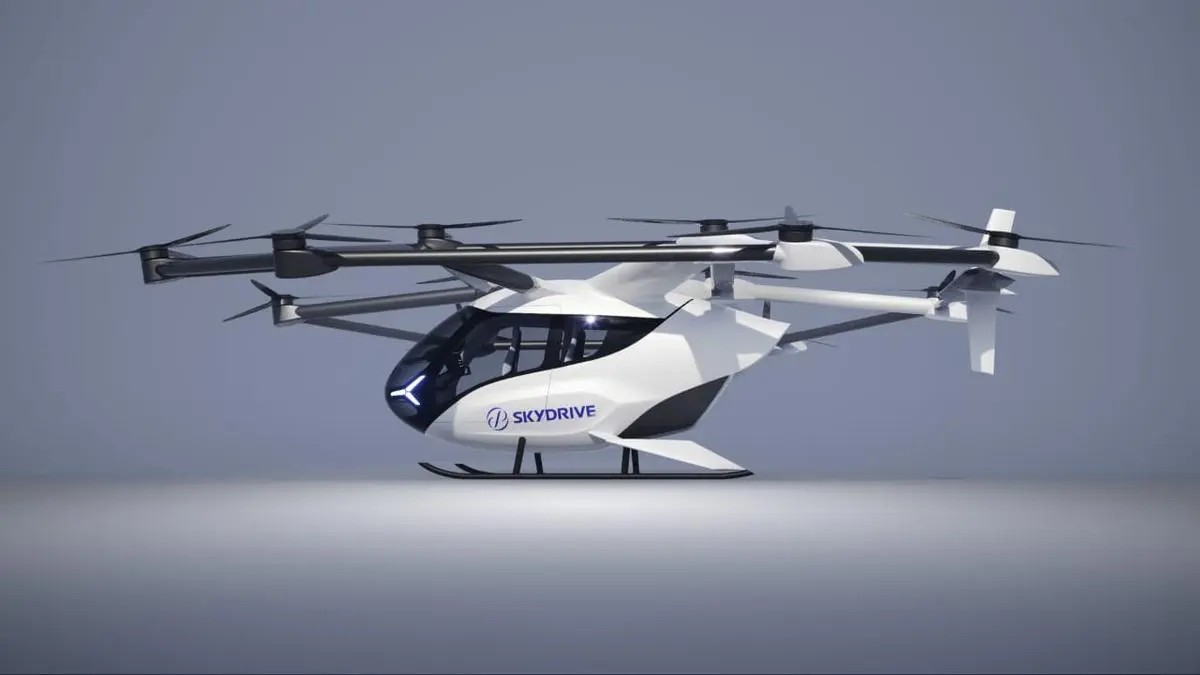
Table of Content
▼New Delhi: From being the carmaker that put the nation on wheels, Maruti now seems to be aiming for the sky, thanks to its Japanese parent company Suzuki. The company plans to make electric aerial helicopters, larger than a drone but smaller than a traditional helicopter, to carry at least three passengers, including the pilot.
The idea is to take an early lead on new mobility solutions, which could initially target consumers in Japan and the US, and then reach India – or rather, air travel – very soon. They could be air taxis similar to Uber and Ola cars that run on the ground.
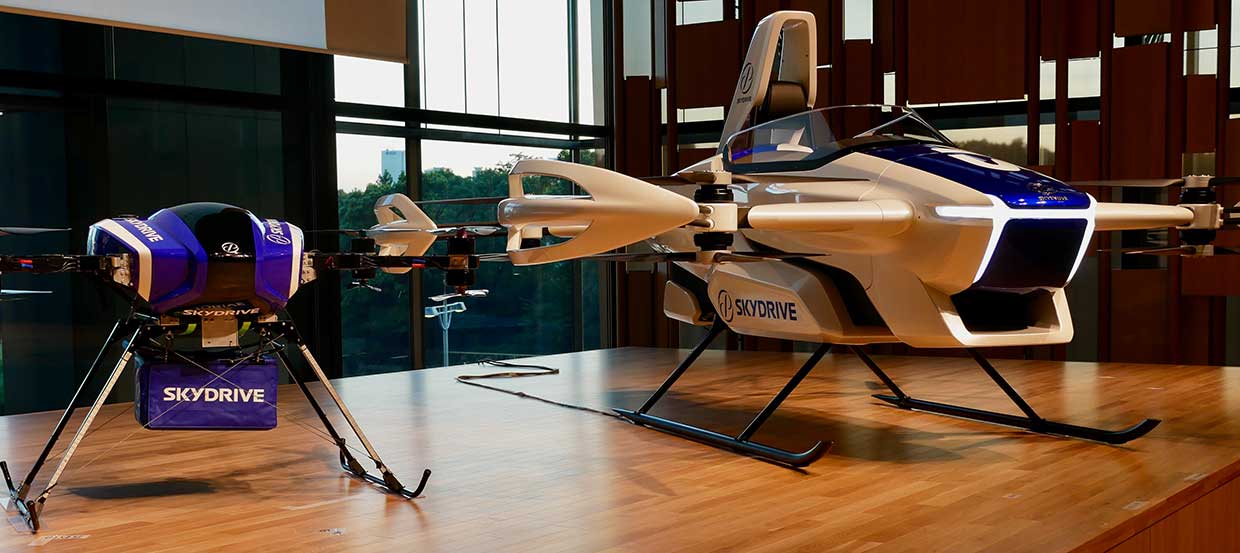
The initiative will not be limited to just exploring India for sales. Kento Ogura, Suzuki Motor's deputy director (Automotive Product Planning Group), Manufacturing Division, said the company is considering manufacturing in India for economic reasons and is investigating the feasibility, including speaking with aviation regulator DGCA.
The SkyDrive, equipped with 12 units of engines and rotors, will be shown for the first time at Osaka Expo 2025 in Japan and may go on sale for the first time in Japan and the United States. Next, the plan is to look into the idea of “Make in India,” Ogura said. “We are doing market research to look for customers and partners in India.”
The Suzuki CEO said that for a product to be successful in India, the product does not have to be expensive. “It should be cheaper than a helicopter.”
The helicopter has a take-off weight of 1.4 tons, which is almost half the weight of a conventional helicopter. This allows building roofs to be used as take-off and landing sites.
In addition, thanks to electricity, the number of aircraft parts was reduced to a tenth compared to a helicopter. “This translates into a significant reduction in aircraft manufacturing and maintenance costs,” the company says.
The three-passenger version will initially have a range of 15 km, which will likely double to 30 km in 2029, and then to 40 km in 2031. “15 km is safe,” Ogura said.
The company is participating in “regulatory discussions” with the government. “We have met with DGCA officials and are talking to them to exchange views,” Ogura said.
Regarding manufacturing in India, he said that "there is no firm timeline yet," although he added that "it makes sense to manufacture in India."
"If we come here and manufacture in India, It will definitely be cheaper here."
Also Read: JSW Group to invest INR 40,000 cr in Odisha for EV and battery plant
Neha Mehlawat
Neha Mehlawat is an automotive journalist and industry analyst with 10+ years of experience covering cars, bikes, and mobility trends. She tracks the latest launches, technology upgrades, and policy changes in the auto sector, delivering sharp insights that help readers stay ahead in the fast-evolving world of automobiles.
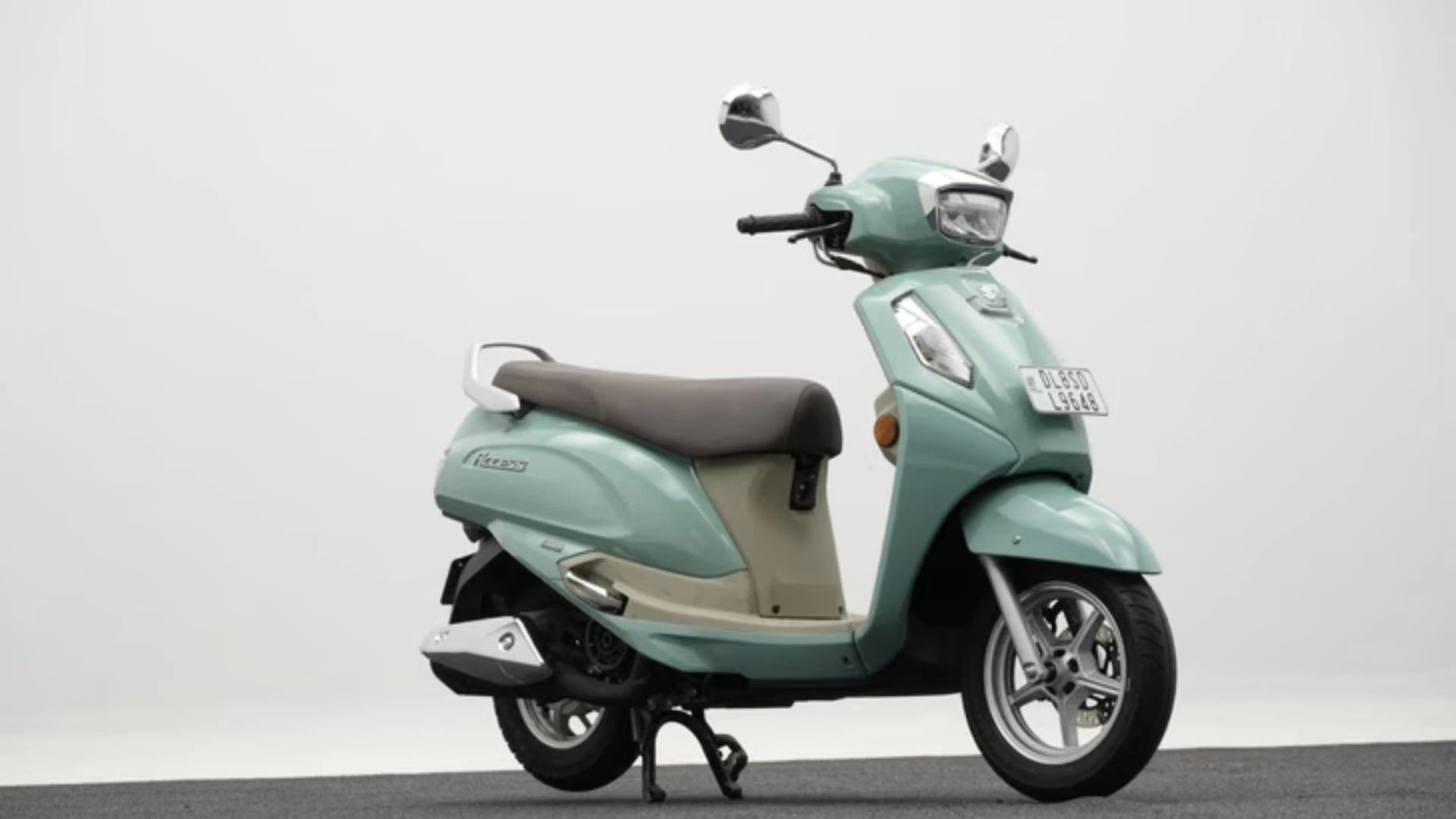
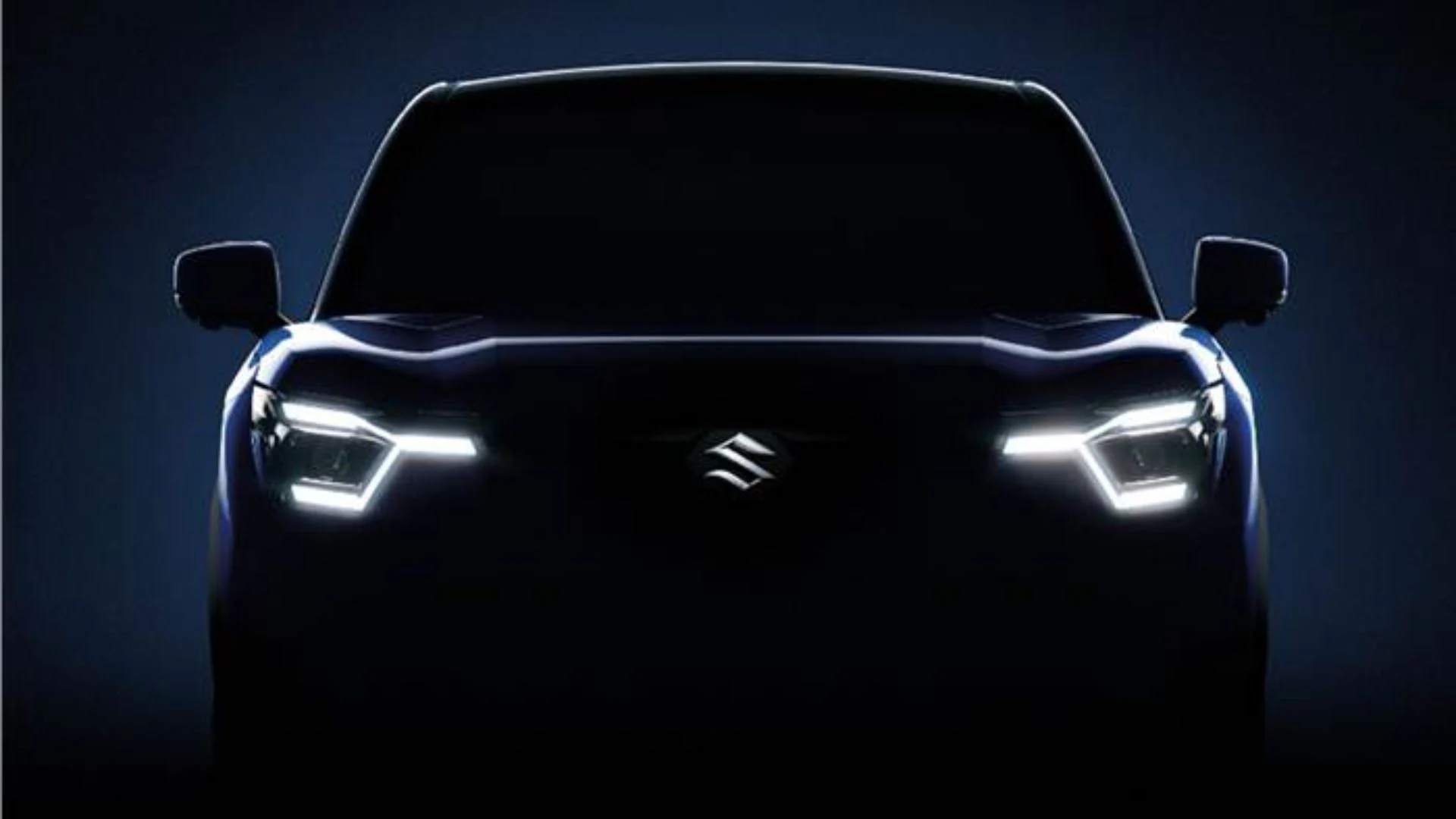
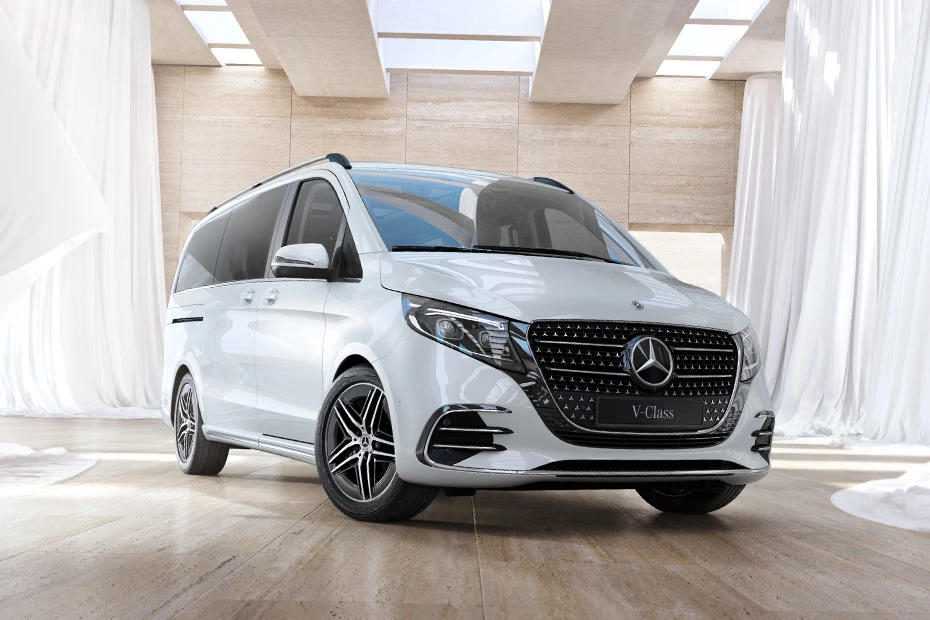
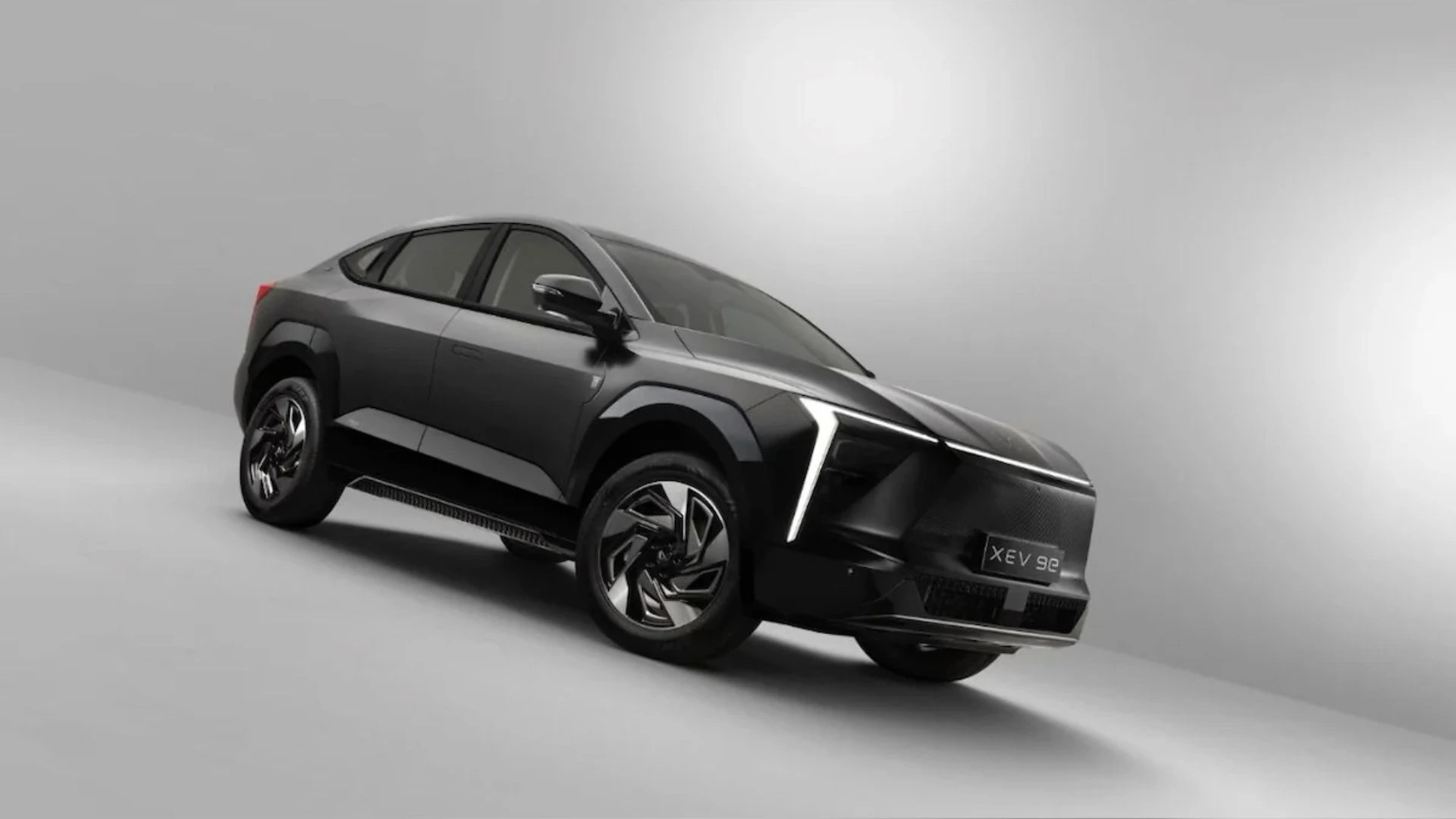
_1772434876.webp)


